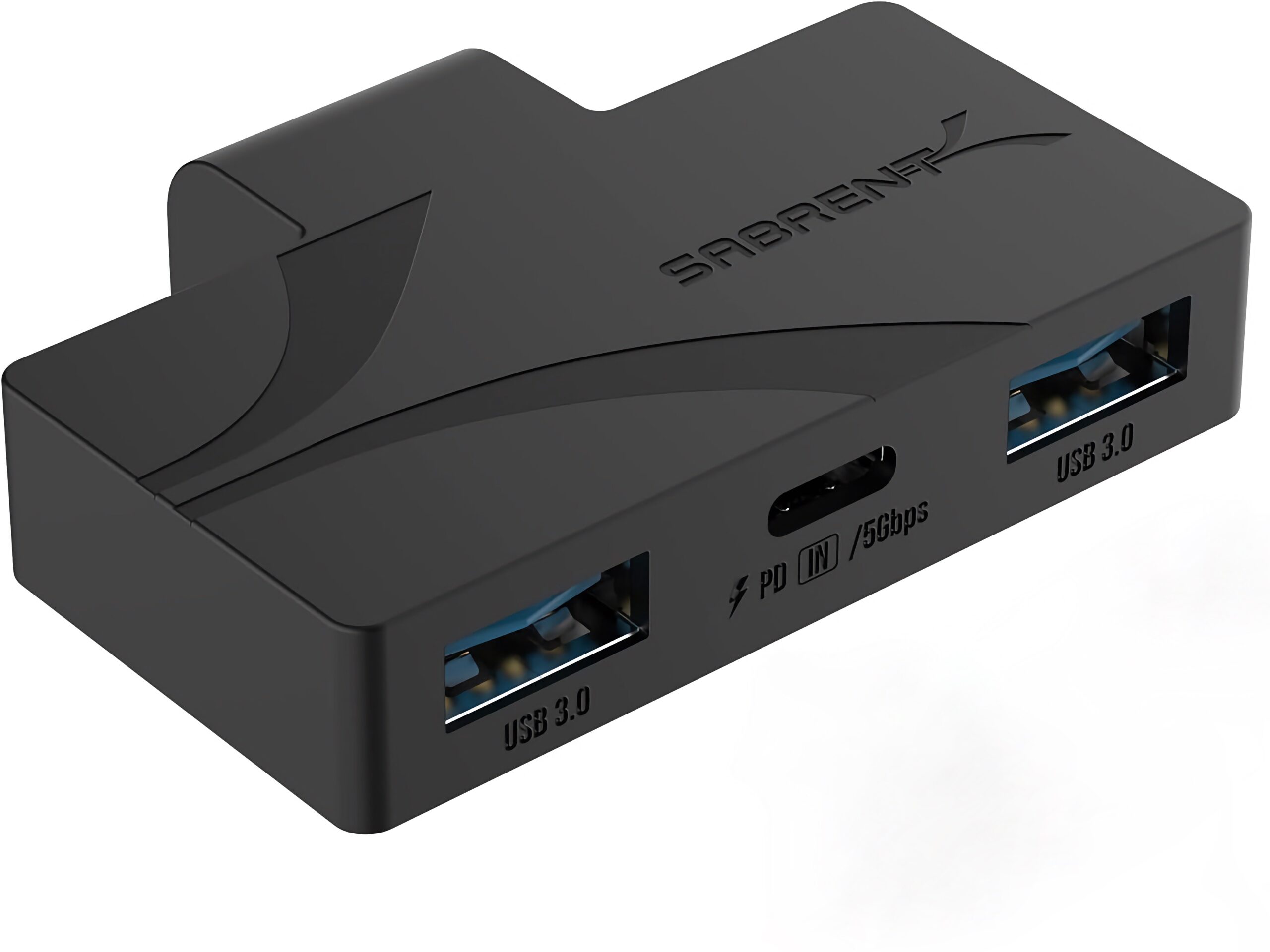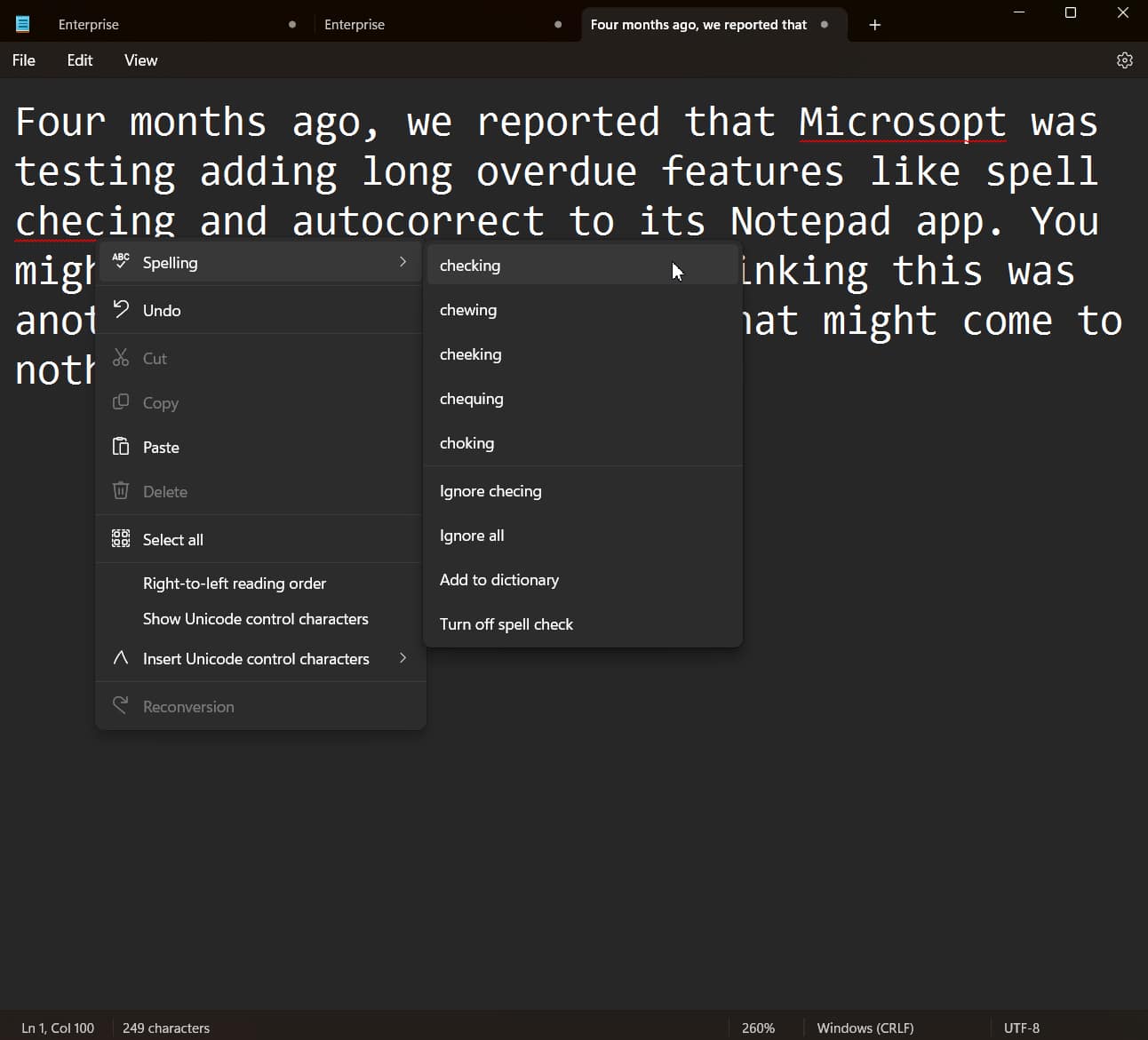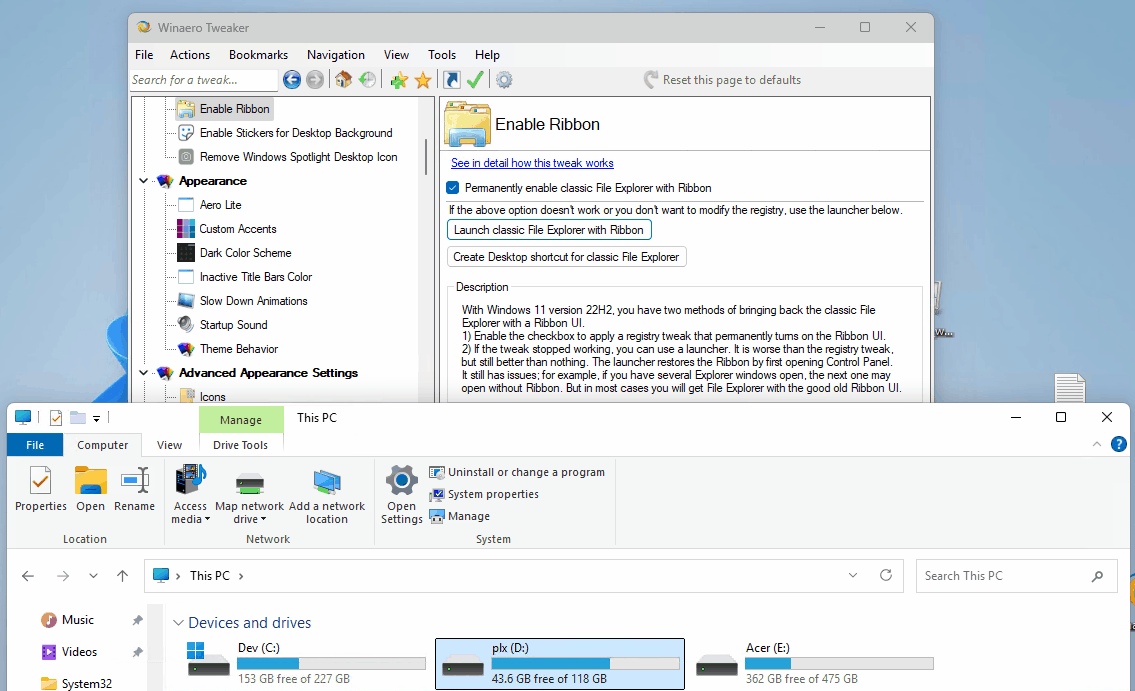
Security pros use unauthorized SaaS apps despite the risk
A new survey finds 73 percent of security professionals admit to using SaaS applications that have not been provided by their company's IT team in the past year.
This is despite the fact that they are acutely aware of the risks, with respondents naming data loss (65 percent), lack of visibility and control (62 percent) and data breaches (52 percent) as the top risks of using unauthorized tools.

Enterprises struggling to implement GenAI
In spite of growing interest and enthusiasm for generative AI, significant challenges are emerging that threaten the success of projects, according to a new report.
The study, from Enterprise Strategy Group (ESG) and Hitachi Vantara, surveyed 800 IT and business leaders across the US, Canada, and Western Europe and finds only 44 percent of organizations have well-defined and comprehensive policies regarding GenAI.

Bosch introduces 300 Series smart dishwasher with Amazon Alexa and Google Home compatibility
Bosch home appliances has introduced the new smart-enabled 2-rack 300 Series dishwasher. Available for just $699, this full stainless steel tub dishwasher integrates seamlessly with smart home systems, making it an attractive option for tech-savvy consumers.
The latest addition to the Bosch dishwasher family boasts the brand’s five-point PrecisionWash system and the energy-efficient PureDry closed drying technology. Together, these features promise a spot-free clean and to dry dishes after every wash. The newly designed model also features a sleek, edge-to-edge recessed handle with integrated front controls.

Logitech launches G309 LIGHTSPEED wireless gaming mouse
Logitech has released the G309 LIGHTSPEED wireless gaming mouse. This new mouse features dual-wireless connectivity and the HERO 25K sensor.
The G309 LIGHTSPEED is compatible with Logitech's POWERPLAY charging system, allowing operation without a traditional AA battery, which reduces the mouse's weight by 18 grams. With a HERO 25K sensor, the mouse can operate for over 300 hours on a single AA battery in LIGHTSPEED mode, and over 600 hours in Bluetooth mode.

Sabrent releases HB-STDK USB-C 3-Port Gaming Hub for Steam Deck
Sabrent has released the HB-STDK USB Type-C 3-Port Gaming Hub, designed specifically for use with Valve’s Steam Deck and Steam Deck OLED systems. The hub features a compact design tailored to fit the portable gaming console, ensuring it doesn’t add unnecessary bulk while enhancing connectivity.
The device includes a USB 3.2 Gen 1x1 Type-C upstream connection that provides a speed of 5Gbps, along with dual USB-A downstream ports. It also has a Type-C port for power delivery (PD3.0), capable of charging the Steam Deck during use. These features aim to support various gaming and operating system setups, including non-standard and multi-boot configurations.

Google maps mouse brain
Researchers on Google's Connectomics team have achieved the largest AI-assisted digital reconstruction of human brain tissue to date. Now, they are turning their attention to the mouse brain to further unravel the mysteries of neural connections.
The recent accomplishment involved mapping just 1 cubic millimeter of human brain tissue, a task that required an astounding 1.4 petabytes of data. This tiny section, equivalent to half a grain of rice, revealed unexpected structures within neurons. "We found some of the wires will wrap themselves into these giant knots," says Google Research Scientist Viren Jain. "We have no idea why -- nobody's ever seen it before."

What happens if you set every Windows 10 registry key to zero? Let's find out...
The Windows Registry is obviously a critical component of the Windows operating system, serving as a hierarchical database that stores low-level settings for the OS and applications. It contains configurations for system hardware, installed software, user preferences, and the OS itself.
You can add new functionality to Windows and change how existing features work by creating new registry keys or altering existing ones, typically changing their binary values from 0 to 1 or vice versa. But have you ever wondered what would happen to Windows if -- in a moment of madness -- you set every registry key to 0? Basically setting them to ‘disabled’ or ‘off'?

Microsoft finally adds spellchecking and autocorrect to Windows Notepad
Four months ago, we reported that Microsoft was testing adding long overdue features like spell checking and autocorrect to its Notepad app. You may have been wondering when, or indeed if, this functionality was ever going to come non-Insiders, but the updated Notepad is now quietly rolling out to all users and you likely already have it installed.
Notepad has been a popular tool since its arrival in 1983, acting as a simple, free alternative to the likes of Word, and these new capabilities will be a welcome addition for its fans, especially after Microsoft took the controversial decision to kill off the more capable WordPad recently.

Poor DMARC implementation leaves companies vulnerable to threats
Only 61 percent of manufacturing businesses have adopted DMARC, with 19 percent of the total manufacturers analyzed having adopted the most stringent 'p=reject' DMARC policy.
New research from email security provider EasyDMARC, which surveyed almost 5,000 global manufacturing companies, finds 43 percent of those with DMARC use a low-security DMARC policy that allows suspicious emails to reach inboxes but enables reporting on such activity.

How AI is changing the customer service experience [Q&A]
Artificial intelligence is having an impact on more and more areas of our lives. In the customer service field it's increasingly being used to improve customer experience and create more effective interactions.
But how good is AI at dealing with customers? And are businesses using it effectively? We spoke to Josh Kim, co-founder and CEO of AI-based chat and customer experience platform Channel Talk, to learn more.

Linux Mint 22 faces uncertain July release as critical bugs threaten stability
According to a new blog post, Linux Mint 22 is set to release this month, although the exact date remains uncertain. The BETA phase has been extended due to the need to address numerous critical bugs. So far, 109 bug reports have been submitted, with 53 still unresolved.
The development team has been working on issues such as AppArmor security changes causing application crashes, hardware acceleration playback libraries leading to Xorg crashes, and problems with Flatpak and Mintinstall.

LIAN LI debuts EDGE series PSU with new form factor for dual chamber cases
LIAN LI has introduced the EDGE series, a new line of power supplies specifically designed for vertical installation in dual-chamber PC cases. This series introduces a “T-shaped” form factor that optimizes space and improves cable management in modern PC builds.
The EDGE series features an outward-facing modular strip that simplifies wiring and keeps setups clean and organized. It also includes a built-in 4-port USB expansion hub, which reduces the need for additional cables by allowing RGB devices, fans, and controllers to connect directly without extra motherboard connections.

Best Windows apps this week
Six-hundred-two in a series. Welcome to this week's overview of the best apps, games and extensions released for Windows 10 and 11 on the Microsoft Store and elsewhere in the past seven days.
Proton has launched a privacy-first document editing feature that is attached to its Proton Drive service.

New platform aims to open up generative AI for everyone
There's no doubt that artificial intelligence is flavor of the month at the moment. But for many people using AI and understanding what it can do for them remains something of a challenge.
Build-A-Brain is a new platform that aims to make AI accessible to anyone by acting as a sort of virtual executive assistant.

How AI is changing the role of enterprise developers [Q&A]
Artificial intelligence is making its way into many areas of business and IT. Software development is just one area where it's starting to have a major impact on productivity and working patterns.
To learn more we spoke to Varun Mohan, CEO of AI coding assistant Codeium, which uses proprietary large language models (LLMs) to aid with software development and has recently announced a $65 million funding round.



